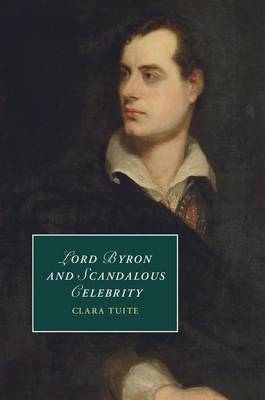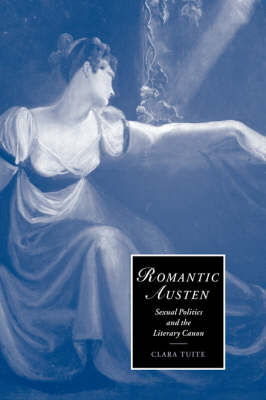Cambridge Studies in Romanticism
2 total works
The Regency period in general, and the aristocrat-poet Lord Byron in particular, were notorious for scandal, but the historical circumstances of this phenomenon have yet to be properly analysed. Lord Byron and Scandalous Celebrity explores Byron's celebrity persona in the literary, social, political and historical contexts of Regency Britain and post-Napoleonic Europe that produced it. Clara Tuite argues that the Byronic enigma that so compelled contemporary audiences - and provoked such controversy with its spectacular Romantic Satanism - can be understood by means of 'scandalous celebrity', a new form of ambivalent fame that mediates between notoriety and traditional forms of heroic renown. Examining Byron alongside contemporary figures including Caroline Lamb, Stendhal, Napoleon Bonaparte and Lord Castlereagh, Tuite illuminates the central role played by Byron in the literary, political and sexual scandals that mark the Regency as a vital period of social transition and emergent celebrity culture.
A full-length scholarly monograph examining Jane Austen's writings within the traditions of Romanticism. It argues that Austen's central position within the literary canon can only be fully understood by locating her work within Romantic cultural traditions. Taking the contemporary Austen revival as its cue, the study presents a series of historically contextualized readings of Austen's juvenilia (Catharine, or The Bower and The History of England), Sense and Sensibility, Mansfield Park and Austen's posthumously published novel, Sanditon, to examine ways in which Romantic-period definitions of nation, culture and literature continue to function in contemporary readings of Austen and her period. An investigation of the sexual politics of national culture, heritage culture and literary canon-formation informs the study's discussion of the relationship between Romanticism, Austen and the literary canon.

